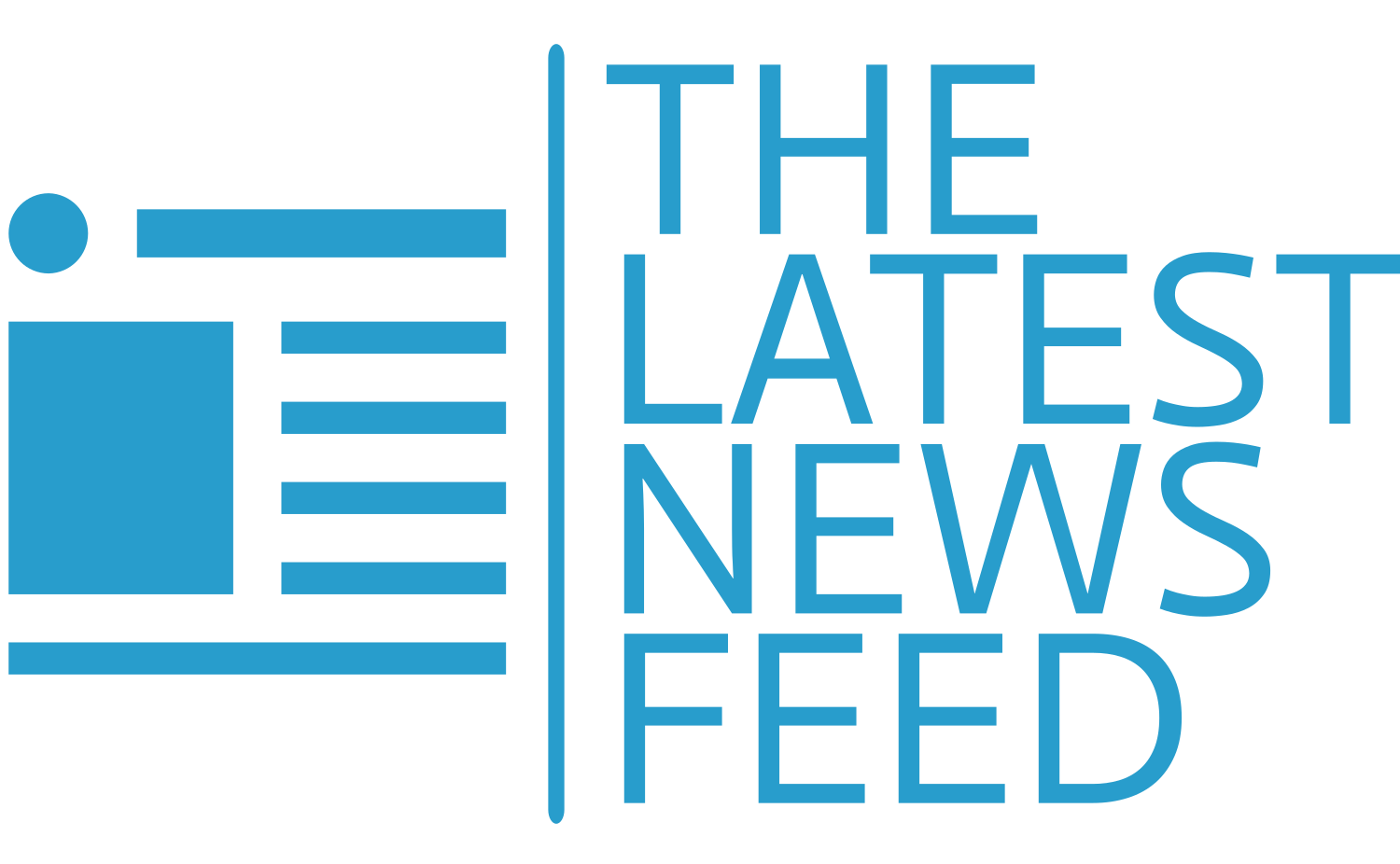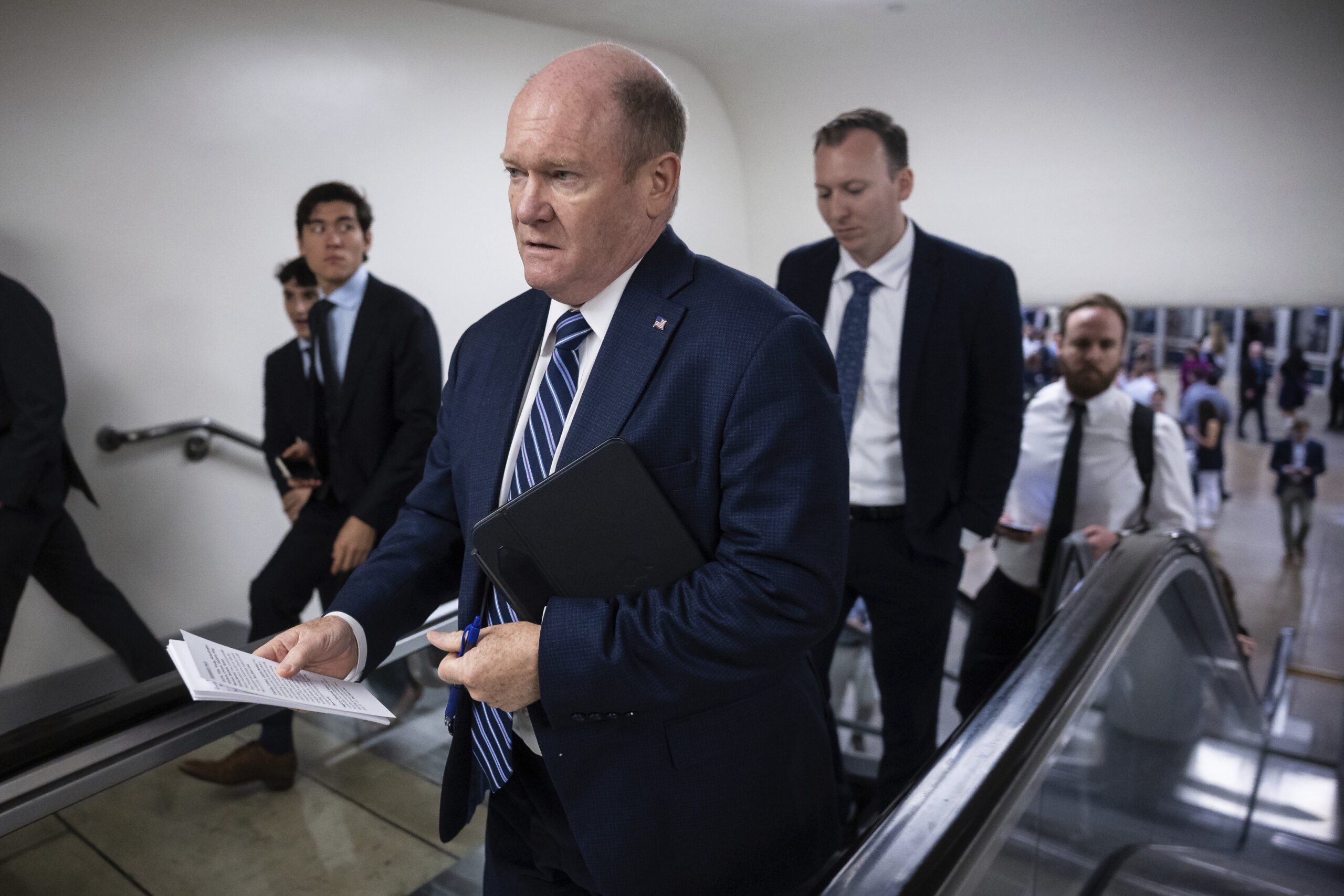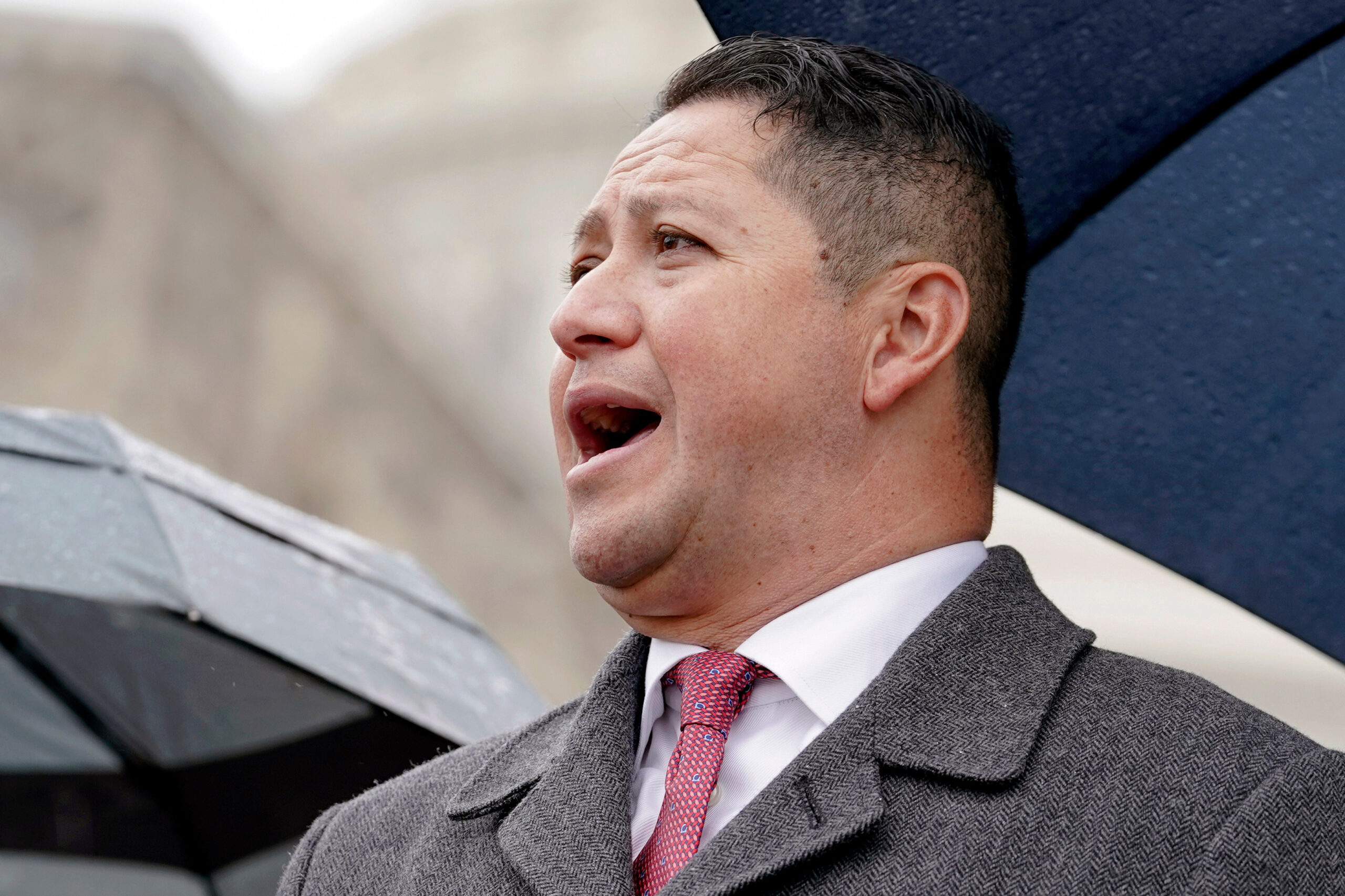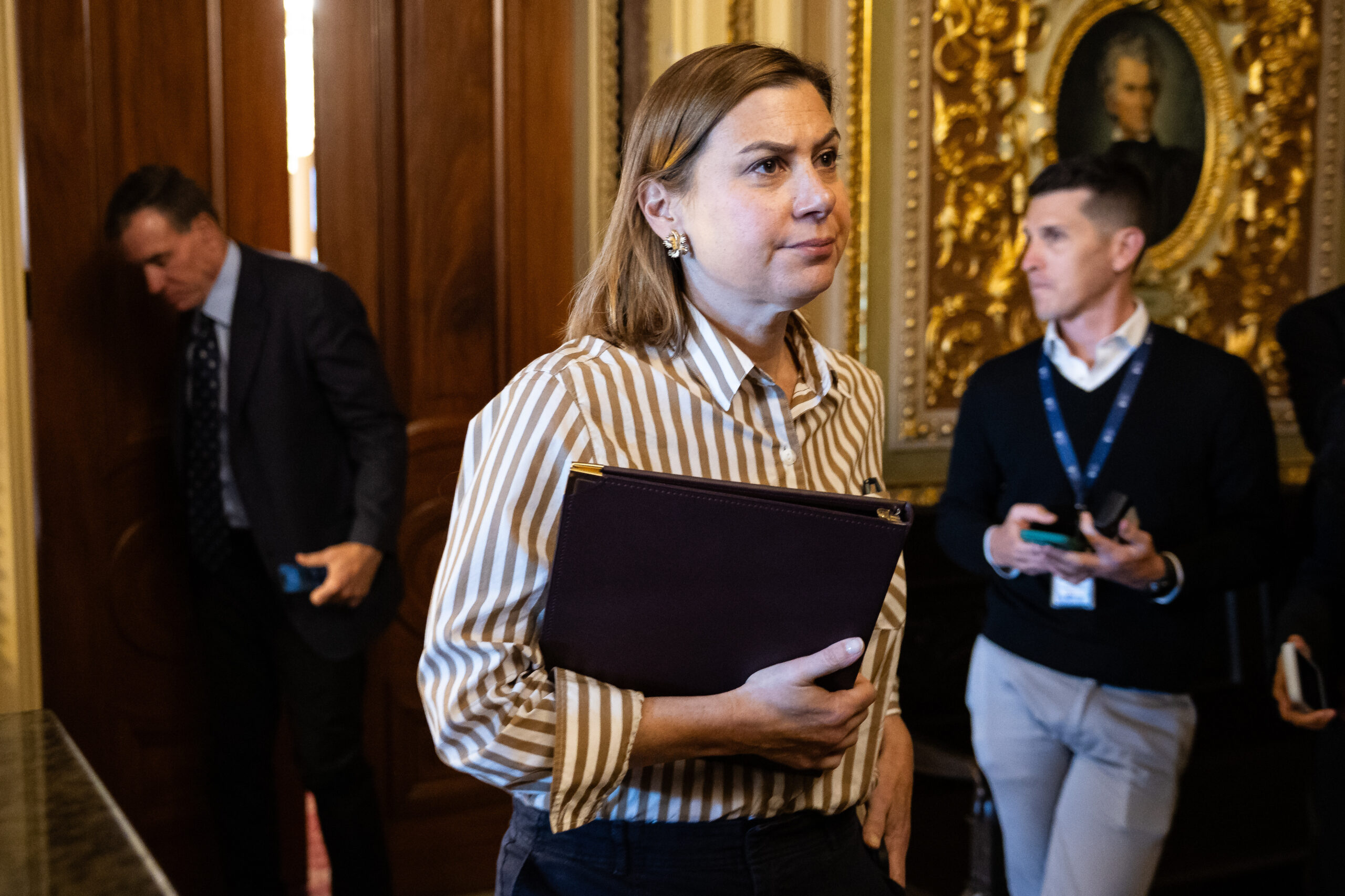When the House and Senate return from their month-long August recess, lawmakers will have just four weeks to avert a government shutdown — and some kind of kick-the-can funding patch is all but guaranteed.
Before the Senate adjourned Saturday evening, the chamber passed the first bipartisan spending package of the year. But on the other side of the Capitol, House Republicans have yet to welcome government funding negotiations with Democrats, after spending the summer stiff-arming them by advancing bills with steep cuts and conservative mandates.
The mood on Capitol Hill already wasn’t ripe for a major bipartisan breakthrough this fall on government funding, given the Republican capitulation to President Donald Trump’s moves to undercut billions of dollars Congress has already approved. Now fiscal conservatives say House GOP leaders promised them no funding will be increased, while dozens of Republicans are demanding earmarks and Democrats are weighing ultimatums like re-upping Obamacare funding as a condition of passing legislation in September to keep federal operations afloat.
“It’s a lot of uncharted territory here in terms of the posture of the minority and the majority, and the president’s priorities,” Sen. Thom Tillis (R-N.C.) said in a brief interview. “If you like chaos, then you’re seeing a lot of it.”
Adding to the bedlam on Capitol Hill ahead of the Sept. 30 shutdown cliff, White House budget director Russ Vought is vocalizing plans to sabotage the bipartisan funding negotiations he openly scorns. His tool of choice could be to send more requests to claw back funding lawmakers previously enacted after reaching cross-party compromise.
Vought is privately strategizing with members of the House Freedom Caucus and the right flank of the Senate GOP conference, while Democrats and even some Republican senators warn such a move would poison the well before the Oct. 1 shutdown deadline.
“It’s hard to imagine someone being more disruptive of the appropriating process than the current OMB director,” Sen. Chris Coons (D-Del.), a top appropriator, said in an interview. “If he is determined to drive us into a partisan shutdown, he ought to just tell the country. In the meantime, on a bipartisan basis, the senators of the Appropriations Committee are continuing to try and do our jobs and keep the government open.”
The best-case scenario for lawmakers rooting for a bipartisan compromise is that the Senate’s passage of a three-bill package on Friday ends up spurring a deal with the House this fall. Then Congress could clear a hybrid bill that provides a full year of fresh funding for some agencies and runs the rest of the government on autopilot budgets for a few weeks or months, buying more time to wrap up the full slate of a dozen bills that fund the government each year.
The top Senate and House appropriators, Sen. Susan Collins of Maine and Rep. Tom Cole of Oklahoma, are expected to negotiate over the next month, and Senate Majority Leader John Thune said he will be in touch with Speaker Mike Johnson to prepare for the fall funding fight too.
GOP leaders are also talking with the White House. But nobody has locked in a government funding plan they can present to congressional Republicans for buy-in.
House conservatives would likely harangue Johnson if he agrees to go along with any package that doesn’t cut or at least freeze funding. They are also demanding that funding clawbacks are not counted toward topline spending reductions.
Rep. Chip Roy (R-Texas) said on social media last month that the “deal” to get House fiscal conservatives to support final passage of the GOP domestic policy megabill in July was that funding for the new fiscal year would be “at or below” current levels. “That is already negotiated,” insisted Roy, a member of the House Freedom Caucus.
The House and Senate are already endorsing drastically different funding levels in the appropriations bills they have been able to advance so far. The funding measures House Republicans rolled out earlier this summer would meet spending-cut demands by cleaving non-defense agencies by almost 6 percent overall and keeping the Pentagon’s budget flat. Senate lawmakers, on the other hand, have proposed $20 billion more for the military and at least modest funding increases for most non-defense agencies.
If House conservatives get their way in September, Senate Minority Leader Chuck Schumer will be under intense pressure from his base to threaten a government shutdown unless the GOP agrees to some concessions. Republicans need Democratic votes in the Senate for any legislation to clear the 60-vote procedural hurdle to move forward, and the New York Democrat already endured a political drubbing in March after helping advance a Republican funding bill days before the start of a shutdown he worried would end up empowering Trump.
“If we have to swallow a House-only radical Republican bill, that’s going to be a problem,” said Sen. Peter Welch (D-Vt.).
Schumer has to balance the desires of his progressive base with the demands of his more centrist flank. In a floor speech Saturday morning, he praised the Senate-passed funding package as “an example of how the funding process could work if the other side is willing to work in good faith, instead of listening all the time to Donald Trump and Russell Vought and the extreme right.” But he also warned, “the onus is on the Republican Majority … to ensure this process stays bipartisan in the fall.”
And least one member of his caucus said he’s not interested in Democrats playing hardball: Sen. John Fetterman (D-Pa.) has vowed, “I’m voting to keep the government open.”
In the meantime, Thune is already mulling how to pass a second tranche of funding bills. That next bundle could include some of the largest, and most contentious, appropriations measures containing money for the Pentagon, as well as dollars for key Democratic priorities like labor, education and health agencies. He is also predicting that the Senate bill will, on the whole, freeze or cut funding compared to current levels — a possibly winning pitch to his own fiscal hawks and those in the House.
Yet even with signs pointing to future conservative strong-arming, Senate Democrats are warily leaning into bipartisan funding negotiations after Republicans burned them last month by passing Trump’s request to claw back $9 billion from public broadcasting and foreign aid.
“We have been demanding bipartisanship, and we’ve been demanding to mark up bills,” said Sen. Brian Schatz (D-Hawaii), a top appropriator. “That’s not to say that Republicans have done everything right, or that we’re not still angry about various things. But when they behave well, I think it’s on us to reward them.”
Though Democrats are worried that any bipartisan agreement will be undermined by the Trump administration clawing back more funding, many are skeptical they could get Republicans to swear off approval of more rescissions packages as a condition of Democratic support.
“I think that is probably a bridge too far for them,” Sen. Mazie Hirono of Hawaii said.
Instead, Democrats are discussing how they might net more tangible wins, such as extending soon-to-expire health care subsidies that help millions of low- and middle-income Americans and are set to expire at the end of the year. Senate Democrats are going to use the summer recess to preview their messaging strategy, including holding health care events.
Congress’ fiscal conservatives are beginning to hone their strategy for demanding conditions too. Members of the House Freedom Caucus are now pushing to fund the government at current levels for a year and are willing to allow earmarks in the final package as a way to avoid a massive year-end spending package filled with extraneous items they would otherwise oppose. Those earmarks are a priority of the business-friendly Main Street Caucus and its 83 GOP members.
“We’ve been very clear with the speaker: An overwhelming majority of our members want community project funding in this budget,” Rep. Mike Flood (R-Neb.), the new chair of the Main Street Caucus, said in an interview.
Republicans who are typically reluctant to vote for a funding patch are now making it clear that the vehicle for funding the government — a continuing resolution or a long-term package — doesn’t matter as much as what concessions Republicans can extract.
“I think you better not call it a CR, let’s put it that way,” Rep. Rich McCormick (R-Ga.), who warned in March that he wouldn’t support another stopgap, said in a brief interview before leaving town for August recess. “It’s got to have some wins in it for us.”
Mia McCarthy and Meredith Lee Hill contributed to this report.




